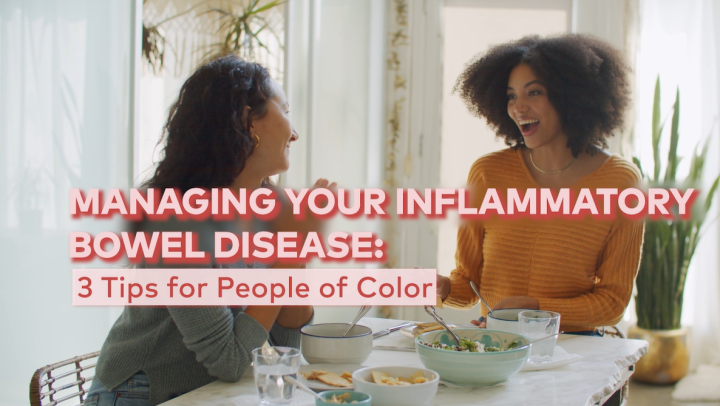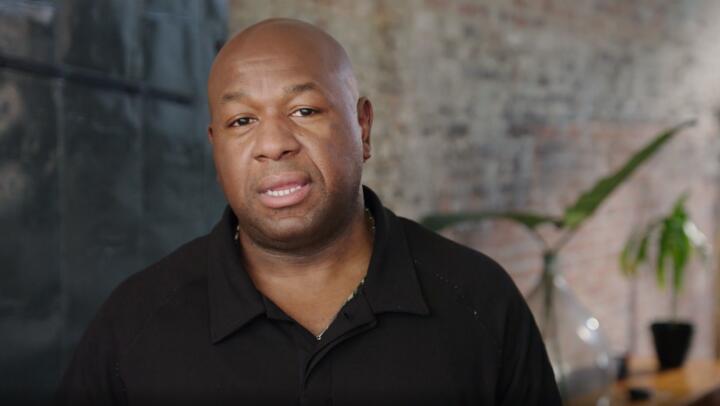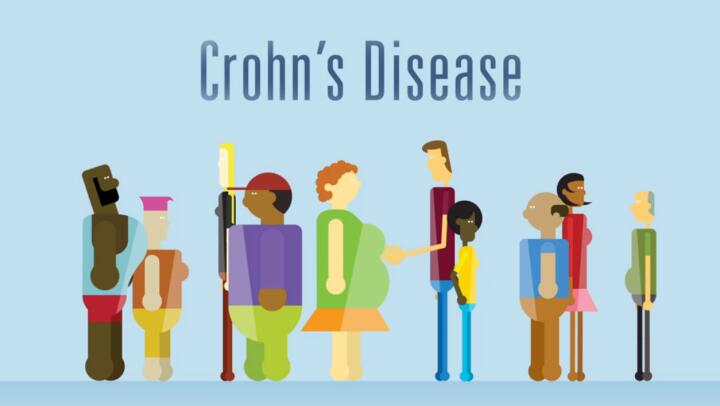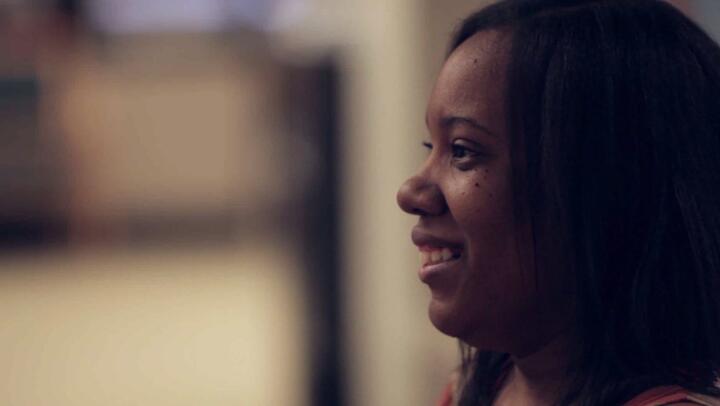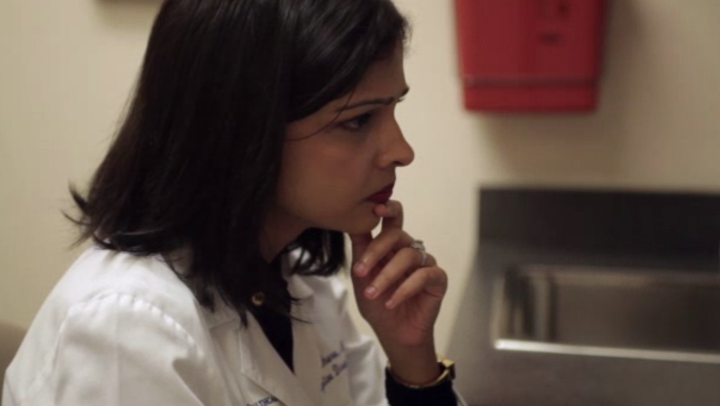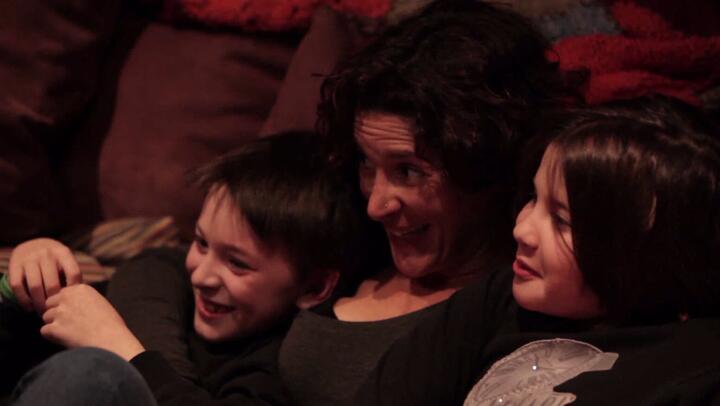Read on to find out more about the types of UC. This guide also includes information about the symptoms and possible causes of UC, as well as treatments, when to contact a doctor, and more.
Key facts about ulcerative colitis
- Ulcerative colitis is a chronic inflammatory bowel disease that affects the large intestine.
- The main types include ulcerative proctitis, left-sided colitis, and extensive colitis.
- Common symptoms are diarrhea, bloody stool, abdominal pain, and the urgent need to pass stool.
- Medication can help ease your symptoms and reduce the likelihood of relapse if you are in remission.
- You may need surgery in severe cases or if medication is not effective.
What are the types of ulcerative colitis?
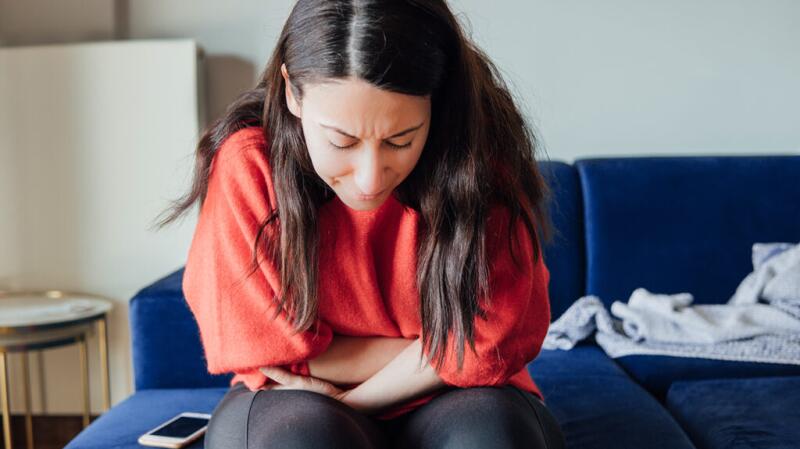
According to the Crohn’s & Colitis Foundation, the different types of ulcerative colitis (UC) include:
- ulcerative proctitis
- left-sided colitis
- extensive colitis
Ulcerative proctitis
Ulcerative proctitis refers to bowel inflammation in the rectum.
Symptoms of ulcerative proctitis include:
- rectal pain
- rectal bleeding
- urgency during bowel movements
Left-sided colitis
Inflammation with left-sided colitis begins in the rectum and extends as far as the splenic flexure. The splenic flexure is where the colon bends near the spleen.
You may also experience proctosigmoiditis with left-sided colitis. This is a type of UC that affects the rectum and sigmoid colon, which is above the rectum.
Symptoms of left-sided colitis include:
- unintentional weight loss
- loss of appetite
- bloody diarrhea
- pain on the left side of your abdomen
Extensive colitis
Extensive colitis, or pancolitis, affects the whole colon. Inflammation typically begins in the rectum and extends beyond the splenic flexure.
Symptoms are similar to those of left-sided colitis and can include:
- unintentional weight loss
- loss of appetite
- bloody diarrhea
- abdominal pain
What are the symptoms of ulcerative colitis?
Symptoms you experience with ulcerative colitis (UC) may depend on the type and severity of the condition.
According to the National Institute of Diabetes and Digestive and Kidney Diseases (NIDDK), common symptoms of UC include:
- diarrhea
- bloody stool
- abdominal pain or cramps
- passed mucus or pus in stool
- urgent need to pass stool
- tenesmus, which is the feeling that you need to pass stool even if your bowel is empty
Symptoms of more severe UC include:
You may experience episodes of remission, where you do not experience any symptoms for weeks or years.
Learn about symptoms to never ignore if you have ulcerative colitis.
Q:
What are the first symptoms of ulcerative colitis?
Anonymous
A:
The first symptoms of ulcerative colitis include:
- increased frequency of bowel movements
- fecal urgency
- abdominal cramping
- rectal bleeding
Kelsey Trull, PA-C Answers represent the opinions of our medical experts. All content is strictly informational and should not be considered medical advice.
What causes ulcerative colitis?
Experts do not know the exact cause of ulcerative colitis (UC), per the NIDDK.
Possible causes or triggers included:
- an autoimmune response that causes inflammation
- genetics, because UC may run in families
- differences in the bacteria, fungi, and virus microbes in your digestive tract
- environmental factors
Research is ongoing into the causes of UC.
What are the treatments for ulcerative colitis?
Treatments for ulcerative colitis (UC) focus on medication and surgery.
Medications for ulcerative colitis
Your doctor may prescribe medication to alleviate symptoms and reduce the risk of relapse when you are in remission, according to the NIDDK.
Medications for UC include:
- aminosalicylates to reduce inflammation in mild to moderate UC
- corticosteroids to treat moderate to severe UC, particularly if you do not respond to aminosalicylates
- immunosuppressants for moderate to severe UC
- biologics to reduce inflammation in cases of moderate to severe UC
Find out more about treatment options for UC. You can also learn about finding the right treatment for UC.
Surgery for ulcerative colitis
You may require surgery if you have more severe ulcerative colitis (UC) or cannot manage your symptoms with medication. Your doctor may also recommend surgery if you have UC and any of the following:
- colorectal cancer
- dysplasia or precancerous cells
- severe rectal bleeding
- toxic megacolon
- perforation of the large intestine
Types of surgery you may require include:
- Proctocolectomy: removing the large intestine
- Ileostomy: creating an external opening after removal of the large intestine
- Ileoanal reservoir surgery: creating a pouch from the ileum, which is the end of the small intestine, and then attaching the pouch to the anus
UC procedures may be open surgery or laparoscopic. Laparoscopic surgery is when a surgeon makes a small cut in the abdomen, while open surgery requires a larger cut.
Your doctor and surgeon will be able to advise on the type of surgery they recommend. They will also be able to answer any questions you may have about your procedure and other treatments.
Learn more about ulcerative colitis surgery.
What diet is best for ulcerative colitis?
There is no specific diet or meal plan for ulcerative colitis (UC), according to the U.K.’s National Health Service (NHS). Some people may find that certain foods trigger symptoms or make them worse.
You may find that consuming a diet low in fiber during a UC flare may help ease your symptoms. Foods you can consume as part of a low fiber eating plan include:
- white bread
- non-whole grain cereals, such as cornflakes
- white rice
- low fiber pasta and noodles
- cooked vegetables without the peel, stalks, or seeds
- eggs
- lean meat and fish
Other meal plan tips for UC include:
- eating smaller meals more frequently rather than fewer larger meals
- drinking plenty of fluids
- taking food supplements at your doctor’s advice
- avoiding caffeine and alcohol, which can make diarrhea worse
- avoiding fizzy drinks, which can cause gas
- keeping a food diary to monitor which foods may be triggering your symptoms
Contact your doctor before making any significant changes to your eating habits. Your doctor may refer you to a dietitian or nutritionist to help make sure you get all of the nutrients you need while managing your symptoms.
Find out more about foods that can affect UC. You can also learn more about meal planning with UC.
When should I contact a doctor?
Contact your doctor as soon as you have concerns about ulcerative colitis.
They will be able to carry out tests to reach an accurate diagnosis and advise you on the best treatment for your symptoms.
Learn about finding the right doctor for UC.
How do doctors diagnose ulcerative colitis?
To assist with diagnosing the cause of your symptoms, your doctor may take a full personal and family medical history and carry out a physical examination, according to the NIDDK. They may then order tests to confirm the diagnosis and assess the severity of the condition.
Tests that your doctor may order to assist with diagnosing ulcerative colitis include:
- Blood tests: checking for anemia, infection, and other digestive conditions
- Stool sample: checking for signs of inflammation and to rule out other possible conditions
- Endoscopy of the large intestine: looking inside your intestines using an endoscope
- Endoscopy of the large intestines can include a colonoscopy and a flexible sigmoidoscopy.
- Biopsy: removing a piece of affected tissue during endoscopy for laboratory analysis
Your doctor can provide more information about the diagnostic tests they order. Make sure to ask them any questions you have before your tests.
Learn more about how doctors diagnose UC. You can also find out about what to expect after a UC diagnosis.
What are the risk factors for ulcerative colitis?
The main risk factor for ulcerative colitis (UC) is having a family member with the condition.
While experts do not know the exact cause of UC, they believe that genetics may play a role in its development.
Age may also increase your risk of UC. It most commonly affects people between ages 15 and 30, though it can occur later in life.
What are the complications of ulcerative colitis?
According to the NHS, complications of ulcerative colitis (UC) and related treatments can include:
- delayed growth and development in children
- osteoporosis from prolonged use of corticosteroids
- primary sclerosing cholangitis, which occurs when inflammation affects the bile ducts, in rare cases
- toxic megacolon, which is a rare and serious complication of severe UC that occurs when trapped gas causes the colon to expand
- bowel cancer
Contact your doctor if you have concerns about the complications of UC or any treatments.
Learn about the common complications of UC.
Can I prevent ulcerative colitis?
Because experts do not know the exact cause of ulcerative colitis (UC), it may not be possible to prevent it.
Yet you may be able to take steps to reduce the severity of symptoms or to prevent relapse. Per the NHS, these include:
- avoiding foods that trigger your symptoms
- drinking plenty of fluids to stay hydrated
- getting enough regular exercise
- taking steps to reduce stress, such as relaxation techniques
Contact your doctor for more advice on ways to reduce the severity of your symptoms or to prevent relapse if you are in remission.
Other frequently asked questions
Here are some more frequently asked questions about ulcerative colitis (UC).
What is the main cause of ulcerative colitis?
Experts do not know the main cause of UC. Genetics, an autoimmune response, microbes, and environmental factors may all play a part.
What does UC poop look like?
If you have UC, you may experience diarrhea or bloody stools. It is important to contact your doctor if you experience these changes in your bowel habits, particularly if diarrhea or bloody stool persists.
Learn more about ulcerative colitis poop.
What does colitis smell like?
Ulcerative colitis can cause foul-smelling gas, according to experts. This may be due to the presence of sulphur, which may make some of your symptoms worse. More research is needed on the relationship between UC and reducing dietary intake of sulphur.
Learn more
- Can Your Ulcerative Colitis Go into Remission?
- How Severe Is Your Ulcerative Colitis?
- Managing the Symptoms of Ulcerative Colitis
- Ulcerative Colitis: 7 Things Doctors Want You to Know
- Ulcerative Colitis: Prognosis and Life Expectancy
- Ulcerative Colitis vs. Crohn’s: What Is the Difference?
Summary
Ulcerative colitis (UC) is a chronic inflammatory bowel disease that affects the large intestine. While experts do not know the exact cause of UC, they have identified that it can run in families.
Symptoms of UC can vary. They may include diarrhea, bloody stool, and abdominal pain. Symptoms can come and go, with periods of remission lasting weeks or years.
It is important to contact your doctor as soon as you have concerns about UC. They will be able to carry out tests to reach an accurate diagnosis. They can then advise you about which treatments they recommend for you.
Treatments can include medication and surgery.




